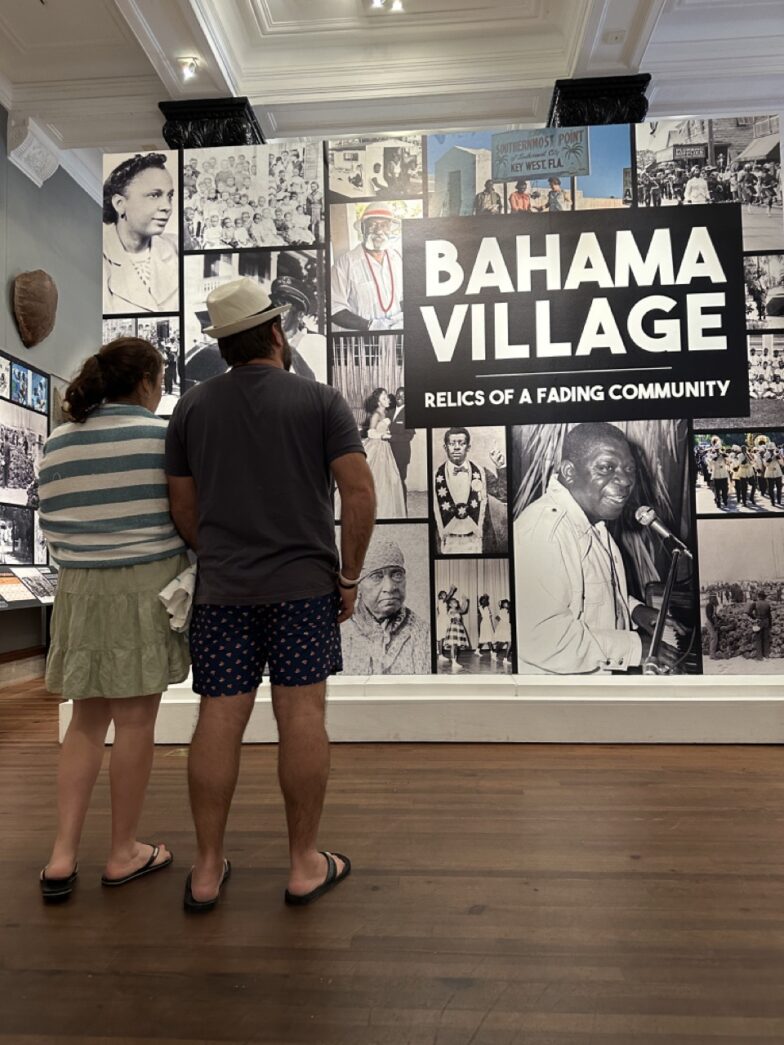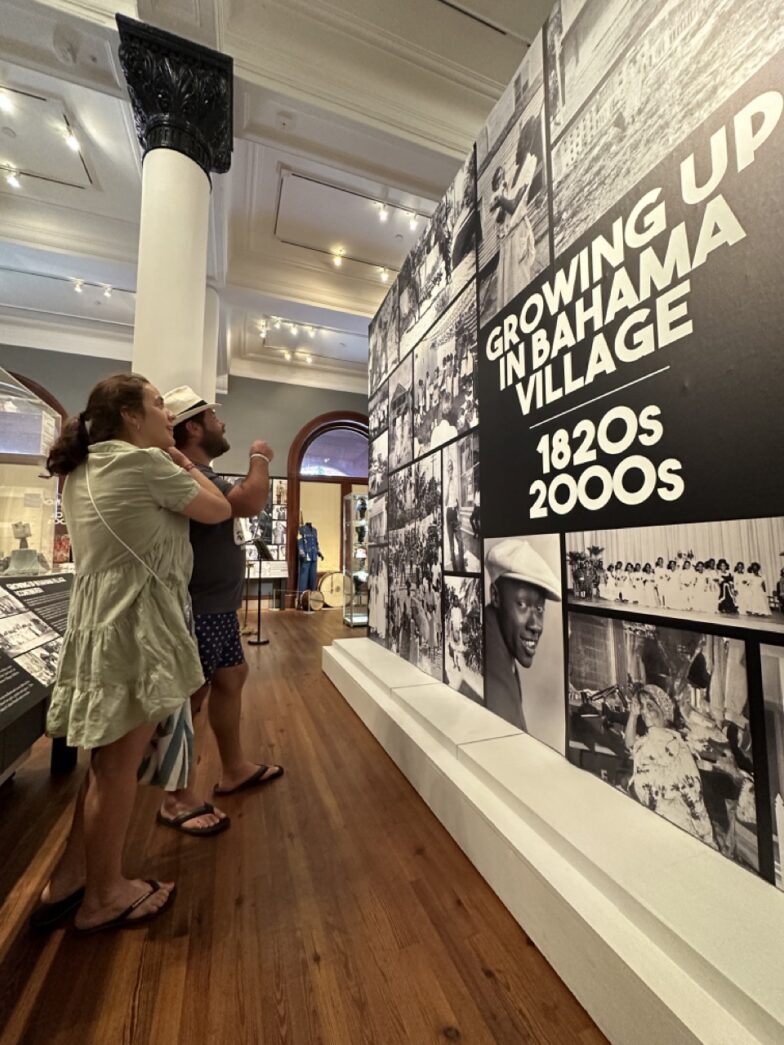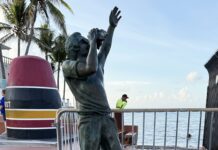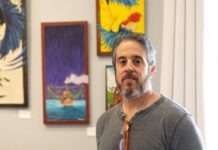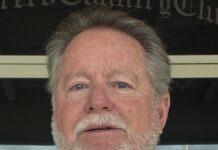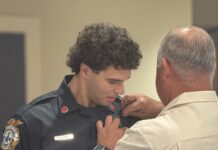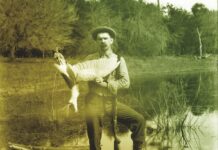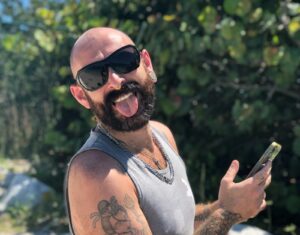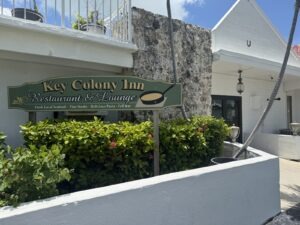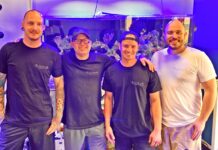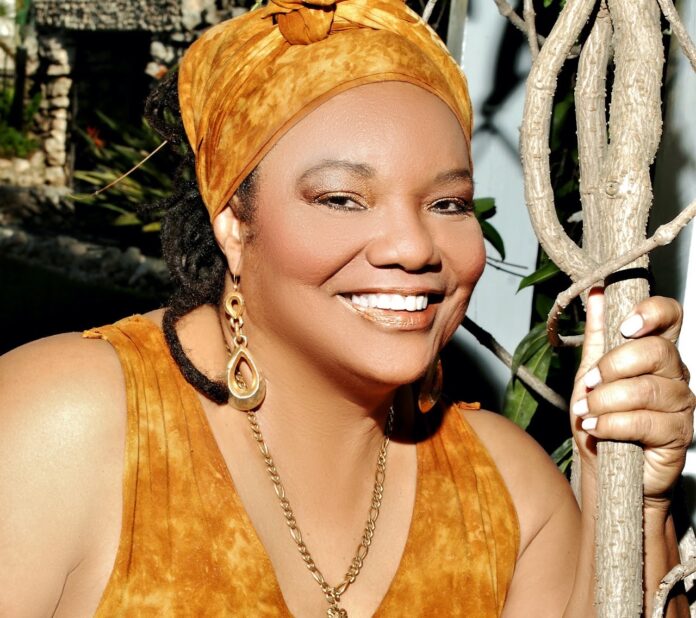
Black History Month book signing
In honor of Black History Month, Key West resident Arida Wright will read from her new book of poetry, “Crossing The Threshold: Voice of a Black Woman” at a book signing on Monday, Feb. 20 from 5 to 7 p.m. at The Studios of Key West, 533 Eaton St. For information, contact Wright at 305-766-4922 or awchinasky95@gmail.com.
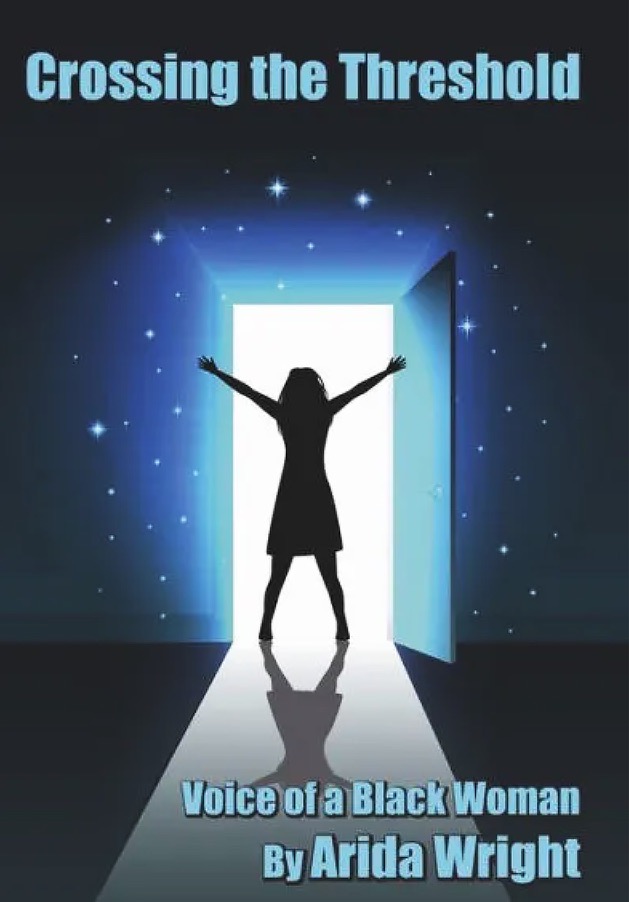
Key West poet Arida Wright grew up black, but lives in a white world, where she struggles to straddle the racial divide.
“In all the circles I travel in — except church — I am the only person of color,” Wright writes in the introduction of her new book of poems, “Crossing the Threshold: Voice of a Black Woman.”
Those social circles include the Key West Writers Guild and the Key West Poetry Guild, two groups Wright had hesitated to join.
“To improve my writing, I had to start going to gatherings,” she says. “But I was uncomfortable, afraid they wouldn’t accept me as I read my radical poems to them.
“I was very surprised when the poems were praised,” she says. “The group encouraged me to put them out there in the world,” or, in Wright’s case, both worlds — black and white.
And so she did, earning an Anne McKee Artist’s Grant to help her publish a book of them.
In “Crossing the Threshold: Voice of a Black Woman,” Wright’s powerful and personal poems confront racism and compel the reader to consider its implications.
“In each poem, Wright expresses pain, but transmutes it into love,” the book’s synopsis states. “Wright hopes that white people hearing or reading the poems will also look at their issues of racial prejudice and cross the threshold themselves towards tolerance and mutual understanding.”
Museum exhibit celebrates Bahama Village history
“Bahama Village: Relics of a Fading Community” reveals the rich contributions the vibrant neighborhood of Black Cubans, Bahamians, Chinese, and other groups of color made to the city. View the inspiring exhibit now through March 19.
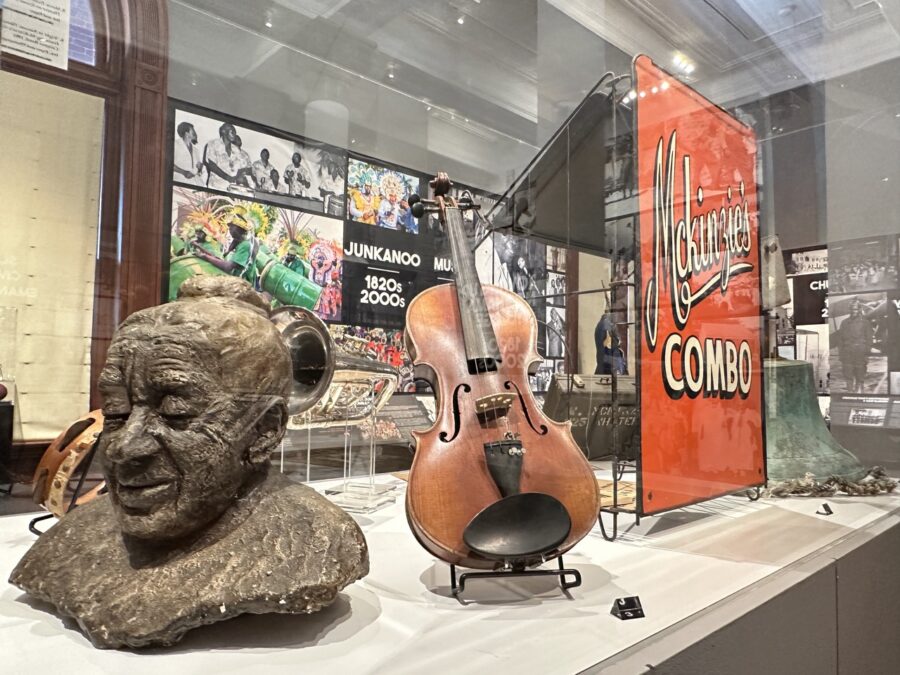
Back Then in Bahama Village
“Bahama Village: Relics of a Fading Community,” now on display at the Key West Museum of Art & History at the Custom House, explores the history and culture of the often-overlooked segment of the community – former and current residents of Bahama Village.
The exhibit reveals the rich contributions the vibrant neighborhood of black Cubans, Bahamians, Chinese and others have made to the island city.
The exhibit runs through March 19.
“In the early 1800s and 1900s, the black and Indigenous community of Key West was skilled and hardworking. Many early settlers migrated to the island from St. Augustine, the Bahamas and Cuba, bringing their skills, education and culture,” states the museum’s description of the exhibit. “These settlers were great contributors to the island’s development and included African slaves imported by slaveholders to assist in the expansion of the island. Free blacks relocating to Key West were some of the first to become educated in America. They believed strongly in education, which began at home and in church basements, until the establishment of the segregated Frederick Douglass School in 1870. The island’s black community developed around, and enmeshed in, an area that we now refer to as Bahama Village.”
“This exhibition aims to build cultural equity by telling narratives of the black community’s significant contributions to local culture and industry,” said Cori Convertito, curator for the Key West Art & Historical Society. “We seek to redress a serious omission: that the substantial contributions of people of color are under-represented in our island’s historical narrative. The contributions of these skilled workers have been marginalized, when in truth, they were vital and valuable.”
“Never-before-on-view objects include a football helmet and shoulder pads from Frederick Douglass School, musical instruments from the estate of William McKinzie, a 19th-century Sanchez family bible and a suit once belonging to illustrious local musician Coffee Butler. These items, along with several others, will tell the inspiring history, culture, and contributions of the black residents.”
